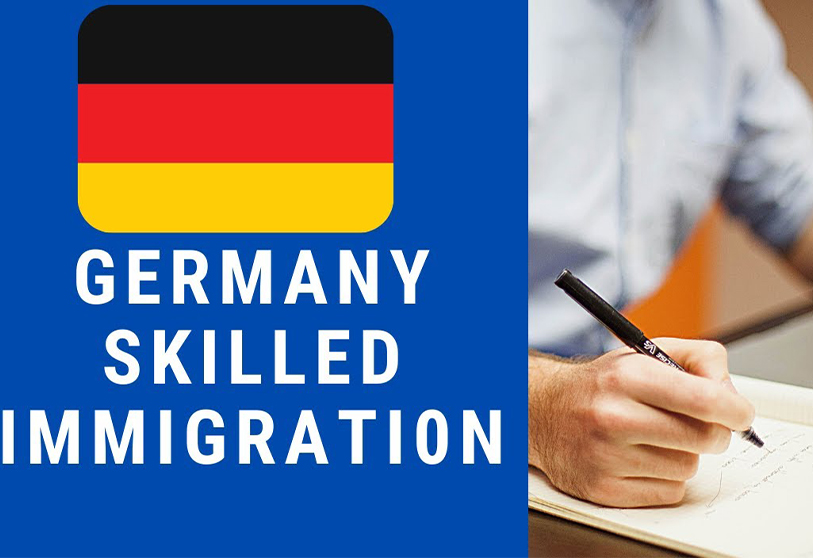Germany is on the verge of implementing a groundbreaking law aimed at streamlining the immigration process for skilled workers, particularly those from outside the European Union (EU). These long-awaited reforms are expected to modernize Germany’s immigration policies and effectively combat the country’s pressing labor shortage.
Government Officials Optimistic about Revolutionary Immigration Reforms
Lawmakers from Germany’s ruling coalition parties have reached an agreement, raising confidence in the imminent revolutionization of Germany’s immigration policies. At a press conference on Monday, representatives from the Social Democratic Party, the Free Democrats, and the Greens expressed the urgent need for these reforms, emphasizing that they will bring Germany’s immigration policies up to date. They confidently asserted that the reforms would be enacted within the week.
Germany’s Labor Shortage Crisis Calls for Action
As Europe’s largest economy, Germany has been grappling with a severe labor shortage crisis. Alarming statistics from the labor ministry reveal that job vacancies reached a record high in 2022, approaching two million. To address this pressing issue, the German government unveiled a draft legislation in late March of this year. This legislation is expected to significantly increase the annual influx of workers from non-EU countries by approximately 60,000 individuals.
Three Distinct Pathways to Immigration for Skilled Workers
The proposed legislation introduces three distinct pathways through which foreign workers can enter Germany, catering to different circumstances and qualifications. Notably, the introduction of an innovative “opportunity card” will allow individuals without a job offer but with the potential to find employment in the country to enter Germany.
The Points-based “Opportunity Card”
The “opportunity card” operates on a points-based system, taking into account various factors such as qualifications, language proficiency, professional experience, connection to Germany, and age. This points system ensures a fair assessment of applicants’ potential to contribute to the German workforce.
Comprehensive Reforms Targeting Immigration and Skills Training
Chancellor Olaf Scholz’s government has unveiled a comprehensive set of reforms in March, encompassing immigration, skills training, and the promotion of immigration from non-EU countries. Labor Minister Hubertus Heil has emphasized the importance of safeguarding Germany’s skilled labor base, viewing it as one of the nation’s most critical economic tasks in the coming decades.
Reshaping Germany’s Immigration Landscape
With these progressive changes, Germany is poised to reshape its immigration landscape. These reforms will attract a diverse pool of talented individuals from around the world, fostering a robust labor market capable of meeting the demands of the country’s thriving economy.
Germany: A Leading Destination for Skilled Workers
The implementation of these reforms will position Germany as a leading destination for skilled workers seeking new opportunities while simultaneously addressing its pressing labor shortage concerns. The country’s proactive approach to immigration will create a welcoming environment for talented individuals, ensuring a prosperous future for both Germany and its skilled workforce.


